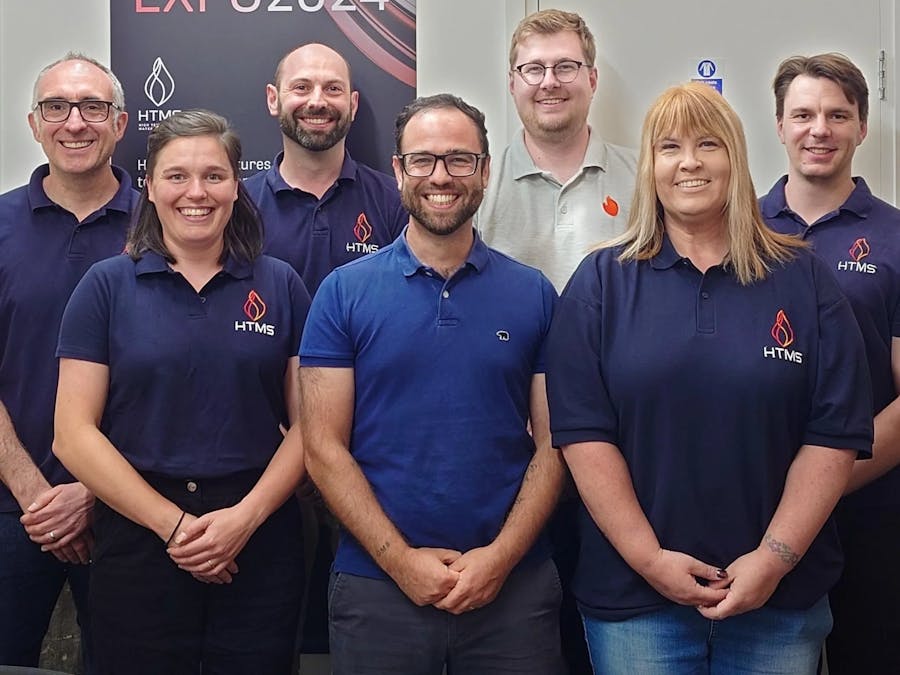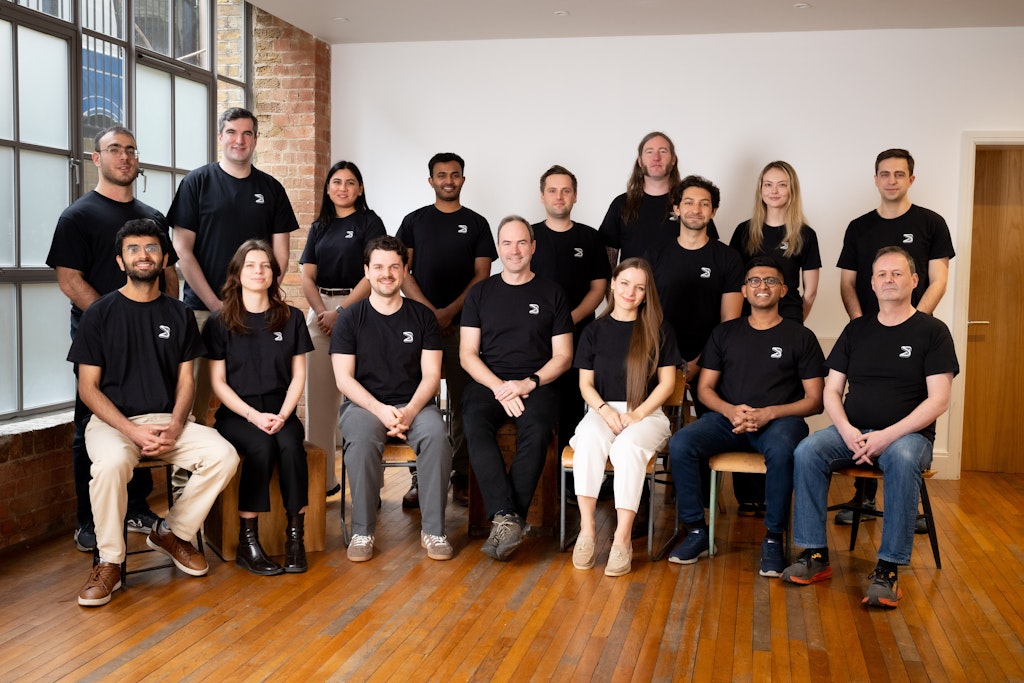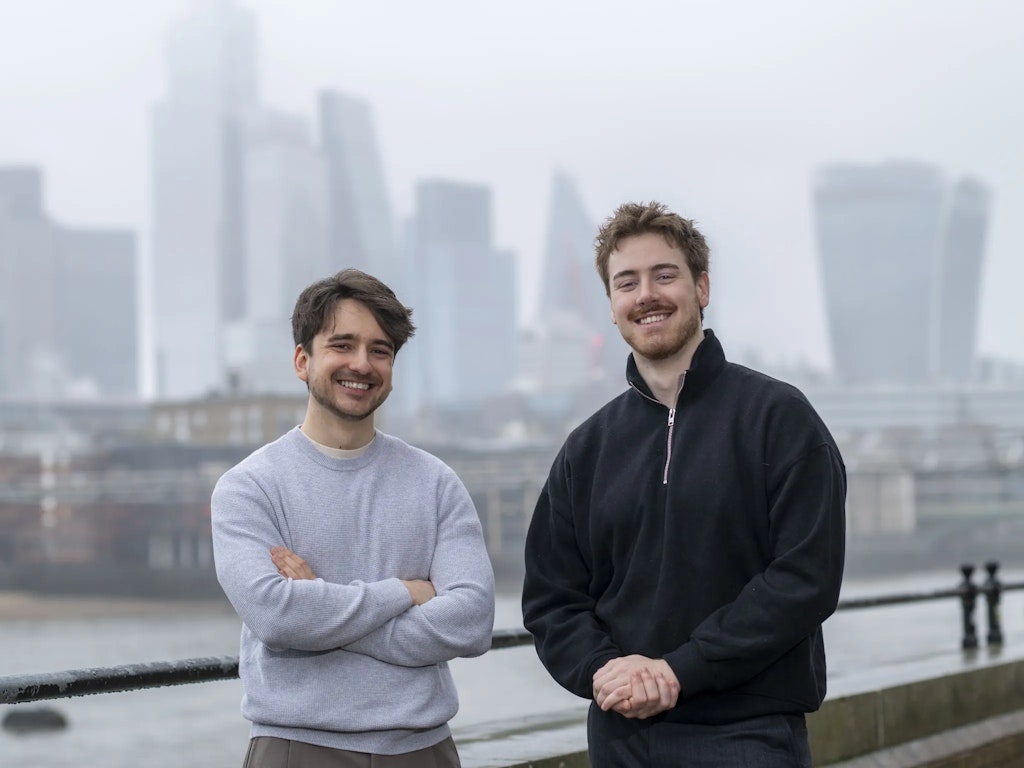Two engineers who developed a novel way to make advanced heat-resistant materials while experimenting on their kitchen stove have raised £1.3m.
Dr Danilo Di Salvo and Dr Richard Grainger of High Temperature Material Systems (HTMS) aim to make high-performance materials currently used in the aerospace industry available for mass market applications such as electric battery casings and automotive parts.
The majority of the funding has come from the British Business Bank's South West Investment Fund and Midlands Engine Investment Fund II, through their respective fund managers Maven Capital Partners and Mercia Ventures. Other investors included SFC Capital, DeepTech Labs, the US venture fund Plug and Play and angel investors.
The funding will enable the company to open a new production facility in Wiltshire and an office in Leamington Spa, and continue its research and development.
HTMS specialises in Ceramic Matrix Composites (CMCs), which combine the heat-resistant properties of ceramics with fibres for added strength and flexibility. CMCs are more lightweight than metal and can withstand extreme environments, however the huge cost of production means their use has been very limited to date.
Dr Di Salvo and Dr Grainger, who between them have over 20 years' experience in the composites industry, have found a way to significantly reduce the energy, time and cost involved in producing CMCs. After developing the process at home, they set up HTMS in 2021 with the aim of bringing CMCs to a wider audience and creating the UK's first domestic supply chain.
HTMS is already working with leading automotive and battery manufacturers, as well as Cranfield University and other research institutes. As its materials can withstand temperatures of up to 1,400∞C, the company is currently focusing on their use in exhaust parts, brake shims and electric vehicle battery casings – three of the key thermal challenges facing the automotive industry.
HTMS, which has a team of eight, is currently registered in Stratford-upon-Avon and has a laboratory in Bristol. Following its move to the new and larger premises, it expects to create 40 new jobs over the next four years.
The global market for high-performance CMCs is expected to more than double by 2033, reaching over £20bn.
Richard and I saw the potential of advanced thermal composites but were frustrated with the high cost and lack of a UK supply chain. This is a fantastic moment for British manufacturing. We are excited to scale up manufacturing of our world-leading products and look forward to growing our business and championing British innovation.
HTMS has developed a truly differentiated manufacturing process for high-performance ceramic composites, combining technical excellence with commercial insight. As industries seek lightweight, heat-resistant materials that are scalable and sustainable, HTMS's platform is well placed to deliver real impact. We are pleased to support Danilo, Richard and the team as they enter their next stage of growth.
HTMS's advanced materials open up new possibilities across a range of industries – from safer electric vehicles and more fuel-efficient aircraft to improved energy storage. By enabling the launch of the new laboratory, this investment will also help to create a domestic supply chain for these important new materials.
This investment is the first time the Midlands Engine Investment Fund II and the South West Investment Fund have worked together. By bringing together our expertise and funding, we have been able to support HTMS's expansion across both regions, helping to create skilled jobs, strengthen the UK's supply chain for advanced materials, whilst supporting one of the key growth sectors identified in the UK's modern Industrial Strategy.




